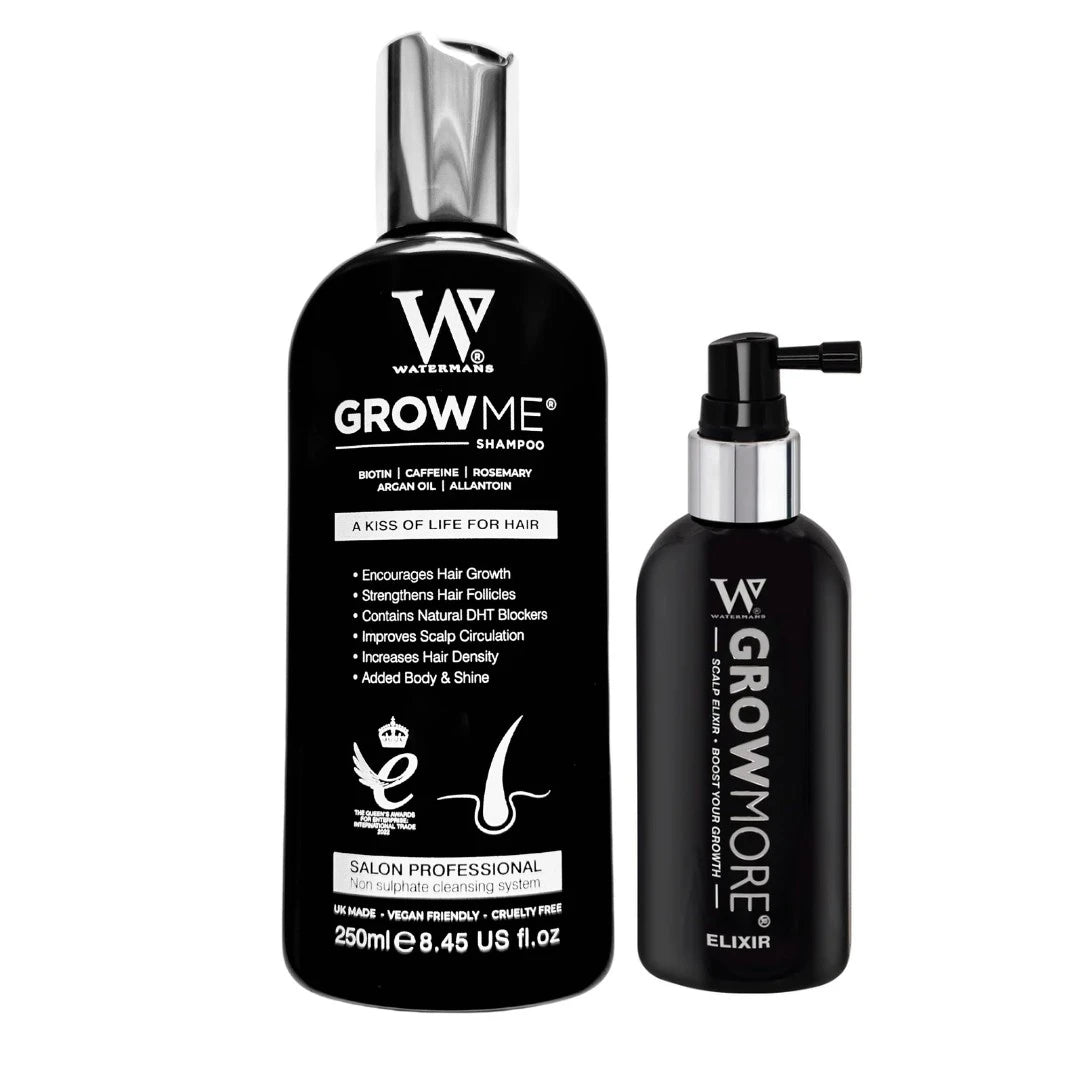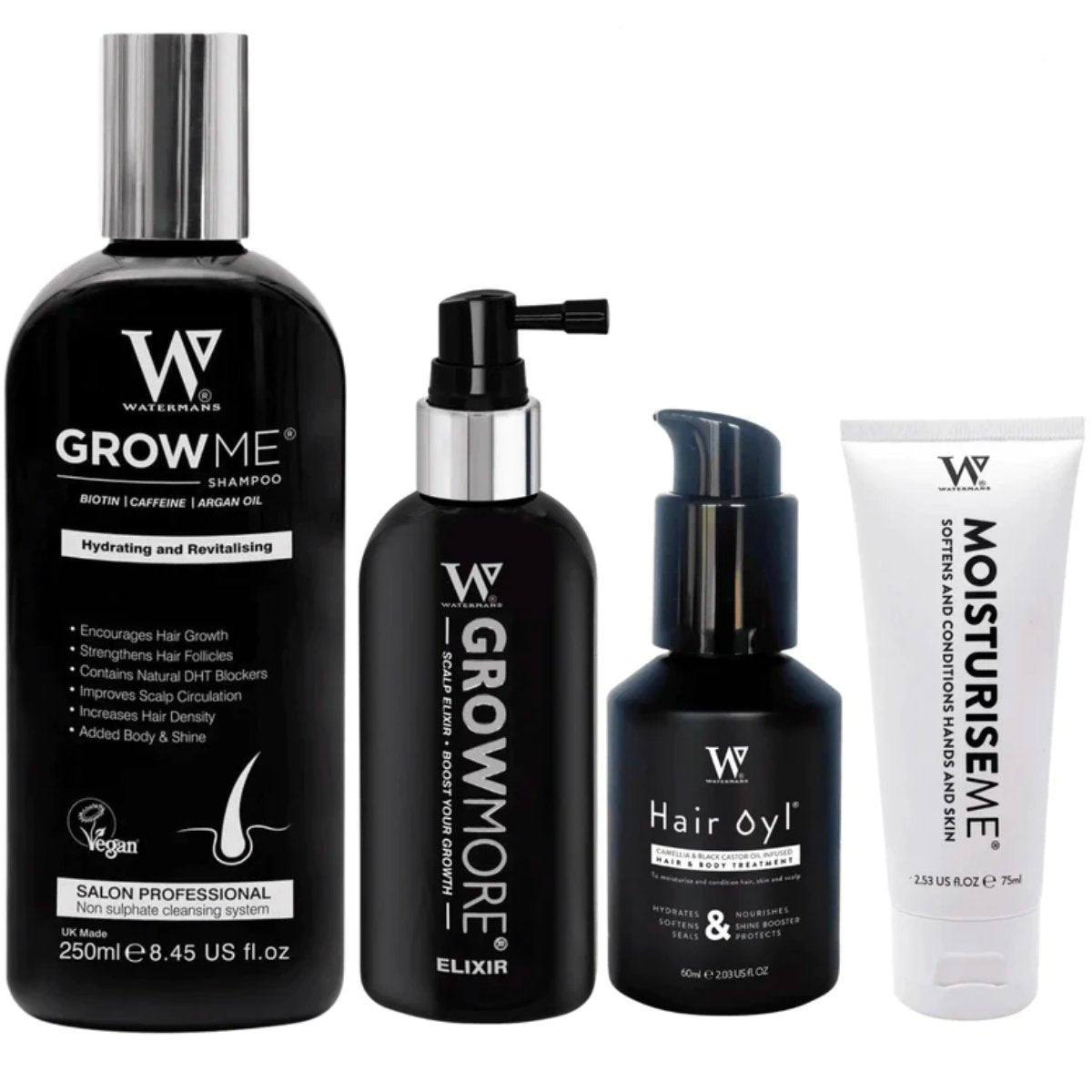
Unlocking the Power of Zinc: Dr. Berg’s Secret Tips to Shorten Your Infections!
When it comes to strengthening your immune system and bouncing back quickly from infections, one mineral stands out as a true powerhouse: zinc. According to health expert Dr. Berg, zinc plays a crucial role in maintaining the function of your thymus gland and lymphatic system—key components in your body’s defense against illness. Understanding this connection can help you unlock the potential of zinc to not only support your immunity but also shorten the duration of infections.
The Thymus Gland: Your Body’s T-Cell Training Camp
The thymus gland is a small but mighty organ located just above your heart. It serves as a training ground for T cells—specialized white blood cells that are essential in identifying and attacking pathogens like viruses and bacteria. T cells are a critical part of your adaptive immune response, honing their ability to recognize invaders so your body can respond more efficiently.
However, Dr. Berg explains that zinc deficiency causes the thymus gland to atrophy, or shrink, which significantly impairs its ability to train T cells. When the thymus is not functioning optimally, your immune system struggles to produce enough effective T cells to combat infections, leading to a weakened immune defense.
Zinc’s Broader Role in Lymphatic Health
Beyond the thymus, zinc is vital for the overall health of the lymphatic system, including the lymph nodes. These nodes act as filters and hubs for white blood cells, capturing pathogens and debris while coordinating immune responses throughout the body. Without adequate zinc, your lymphatic tissue does not function properly, resulting in reduced white blood cell production and compromised immune surveillance.
This explains why zinc deficiency can lead to prolonged infections. When your body doesn’t have enough white blood cells or when these cells lack proper training, infections can linger and worsen over time.
Why Zinc Shortens the Duration of Infections
One of the remarkable benefits of maintaining sufficient zinc levels is that it helps reduce not only the severity but also the length of infections. With a fully functional thymus gland and healthy lymph nodes, your immune system can quickly mobilize to identify and destroy pathogens. This rapid response minimizes the time your body spends fighting illness, allowing you to recover faster.
Dr. Berg’s insights remind us that zinc isn’t just a minor supplement—it’s a foundational mineral for immune resilience.
Optimizing Zinc Intake for Better Immunity
To harness the immune-boosting power of zinc, it’s important to include zinc-rich foods in your diet or consider supplementation when necessary. Foods naturally high in zinc include:
- Meat (especially beef and lamb)
- Shellfish (such as oysters and crab)
- Nuts and seeds (pumpkin seeds and cashews)
- Legumes (like chickpeas and lentils)
- Whole grains
However, it’s important to consult with a healthcare provider before starting any supplements, as excessive zinc intake can have adverse effects.
Final Thoughts
Zinc is a vital nutrient that supports your thymus gland and lymphatic system, empowering your white blood cells to fight infections more effectively. By maintaining adequate zinc levels, you can help your body train immune cells properly, improve lymphatic function, and reduce the duration of infections. Dr. Berg’s revelations about zinc highlight its essential role in immune health—a secret weapon that could make all the difference the next time you face an infection.
Make zinc a regular part of your wellness strategy, and unlock the power of faster, stronger immunity!













